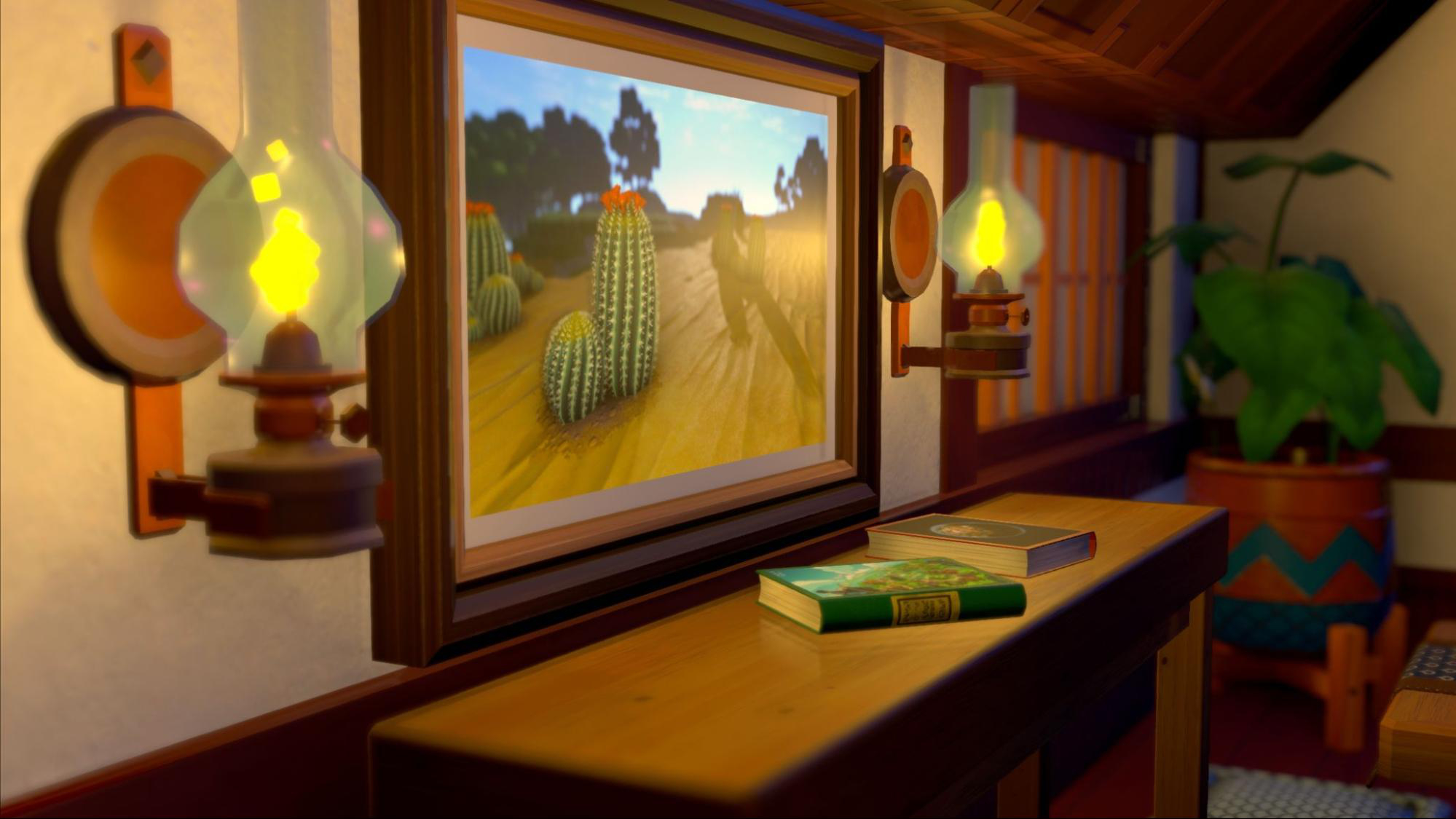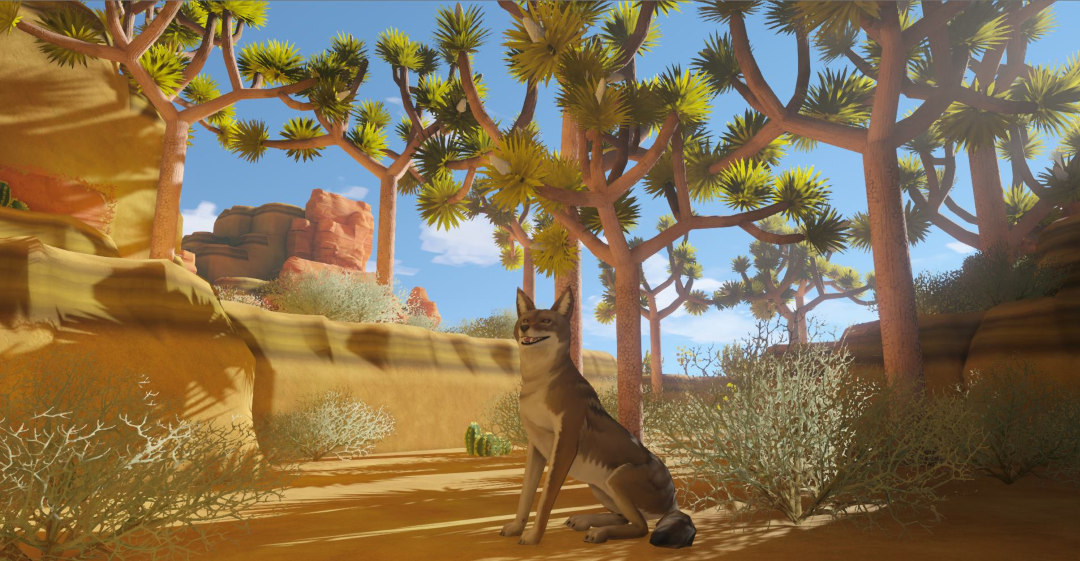
Eco: The First Three and a Half Years
Eco was born out of the core idea of ‘Tragedy of the Commons: The Game’ where all your resources come from the ecosystem, and all economic and governmental actions happen through real people. That’s a huge, seemingly impossibly scoped game, and I believe we’ve made incredible progress.

The above screenshot comparison (between our Kickstarter and today) is crazy to look at. We’ve been working on the game nonstop since 2015, and it’s improved continuously, incrementally, until it looks like a totally different game. Through that, the core idea has remained constant: a society simulator inside an ecosystem. With the strength of the team and the community that has supported us throughout we’ve been able to do some really fantastic things, and we have much more we want to do.
What to expect from Early Access
We haven’t set a solid date for the end of Early Access, but we expect it to be within a year, give or take. Mainly we want to keep on the path we’ve set, fully delivering on all the many features of the game to make a very polished experience. This will include:
- A focus on the legal system, with the addition of a constitution players create, and much richer law and tax support for v9.0. We want Eco to be an incubator for social experiments, with enough richness that some very deep, sophisticated scenarios can emerge fully from the governmental and economical designs of the players.
- Ecosystem enhancements, making deeper pollution mechanics and ecological systems, and the need for joint large-scale projects for v10.0. We want to continue building out the depth of the simulation, and doing so in a way that everything is visible and accessible to players, and can be used to make decisions about the world.
- Further economy enhancements, that will tie to the government as well. Building residency, a rental market, mortgages, equity markets, stocks, all kinds of financial instruments. This opens the door for more complex government features like location-based representatives, laws on interest rates, central banks, etc. Managing a thriving economy and government should be one of the main challenges of the game, and that should be a very challenging and interesting thing to do.
- We plan to continue extending our mod support, which we see as critical to long-term replayability, and the potential to create total-conversions of the game. We’ll introduce more mechanical-type objects like switches and tolls, which will let players create some pretty interesting creations. The law and economy systems will be fully moddable, one of our most unique features, creating the possibility for modded games that do really unique and interesting things with player governments and economies. We fully intend the Eco engine to be a platform, both for future games we make, and modded experiences that the community creates.
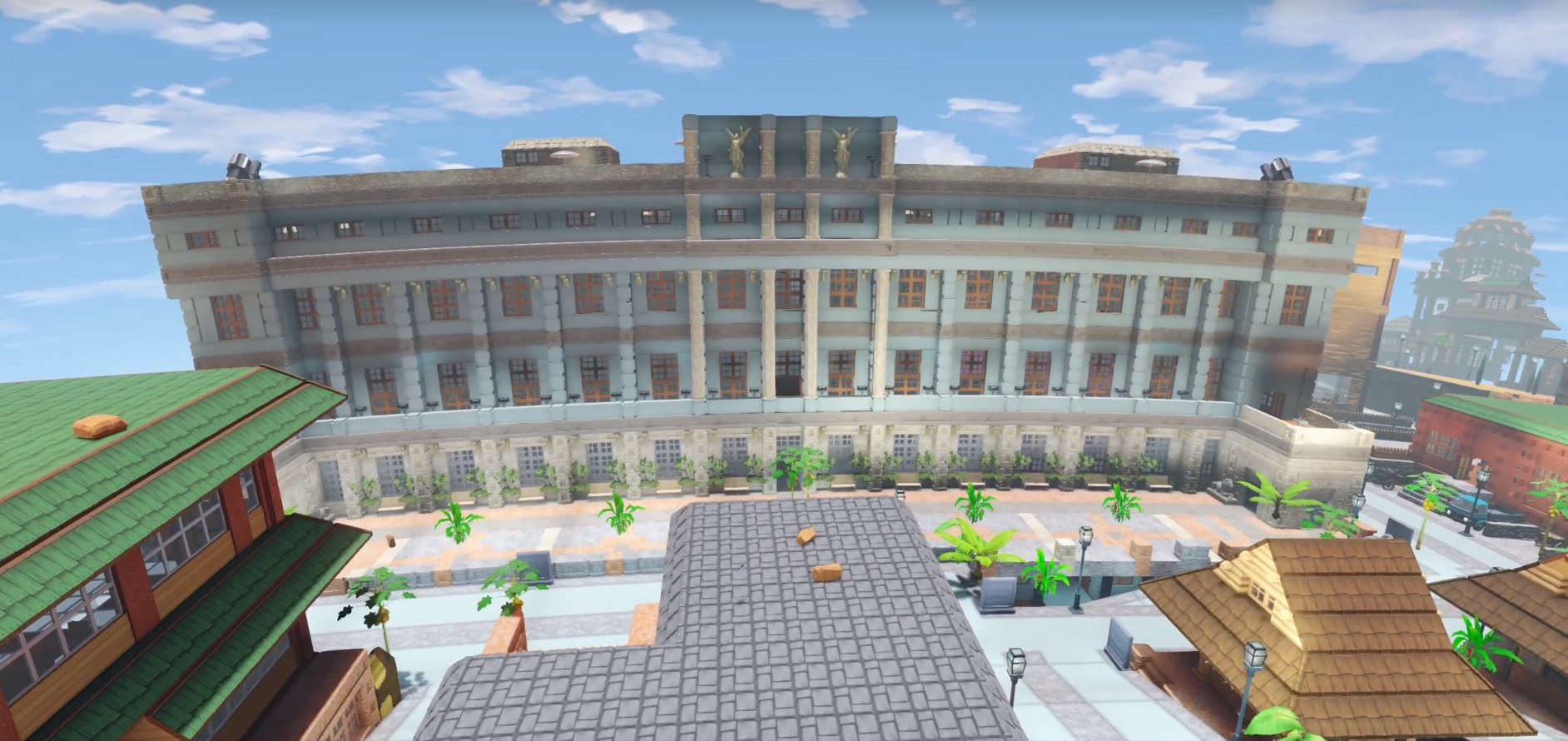
What to expect after release
Release won’t mark the end of Eco development, not by a long shot. Eco is a forever-game for us, as long as we have the community’s support, and we intend to continue increasing the depth and reach of the simulations indefinitely. There’s really no limit to how much depth we can put in the game, and there are tons of areas we’d like to explore: geological change, evolution, health systems, flying vehicles, you name it. This stuff is still far out so it hasn’t been planned, but we’re taking our time building out the tech right so it can support it. The game may radically change over time (as it changed in the last three years that you can see above), but the core will remain the same: a society simulator in an ecosystem.
Within those confines there are infinite avenues to expand, and I expect we’ll never run out of systems to expand and make deeper, connecting each to the other so it remains a whole and cohesive package, not just a collection of features.
In the Strange Loop office we have this amazing graph on the wall with the plaque ‘Eco Graphs, 2030’:
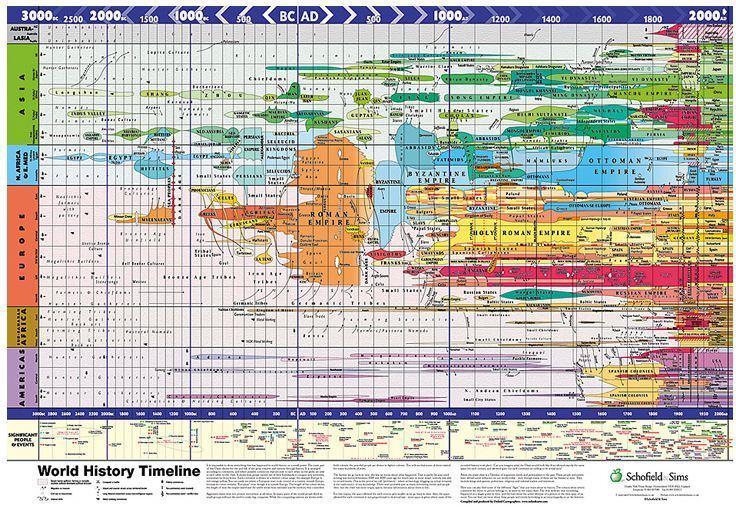
It’s an illustration of how much depth we want to add to the simulation, and a vision to lead us there.
At the same time, we will keep improving the engine we run, expanding the size of worlds and how many players they can support at once. We’ll be looking at connecting multiple servers for a single world, so the capability to host massively populated worlds becomes possible.
Future Games
The current plan is that all future games we create, after Eco’s 1.0 release, will be built in Eco’s engine, and be connected to Eco, meaning you can travel between Eco and the future worlds that we will create. With multiple games sharing the same technology, we can really invest in and continue building it, with each new game will come engine improvements that affect all previous games. We already have some prototypes of new games, but we’re still focusing on building out Eco to its full potential before we start scaling them up, but can’t wait to share them with you. Long term, I see the future of Strange Loop as building out a universe of connected games, each connected to the others and allowing players to move between them, build on the common platform of the Eco tech, with each game being connected to education subjects, simulation focused, and highly collaborative with real players forming institutions.
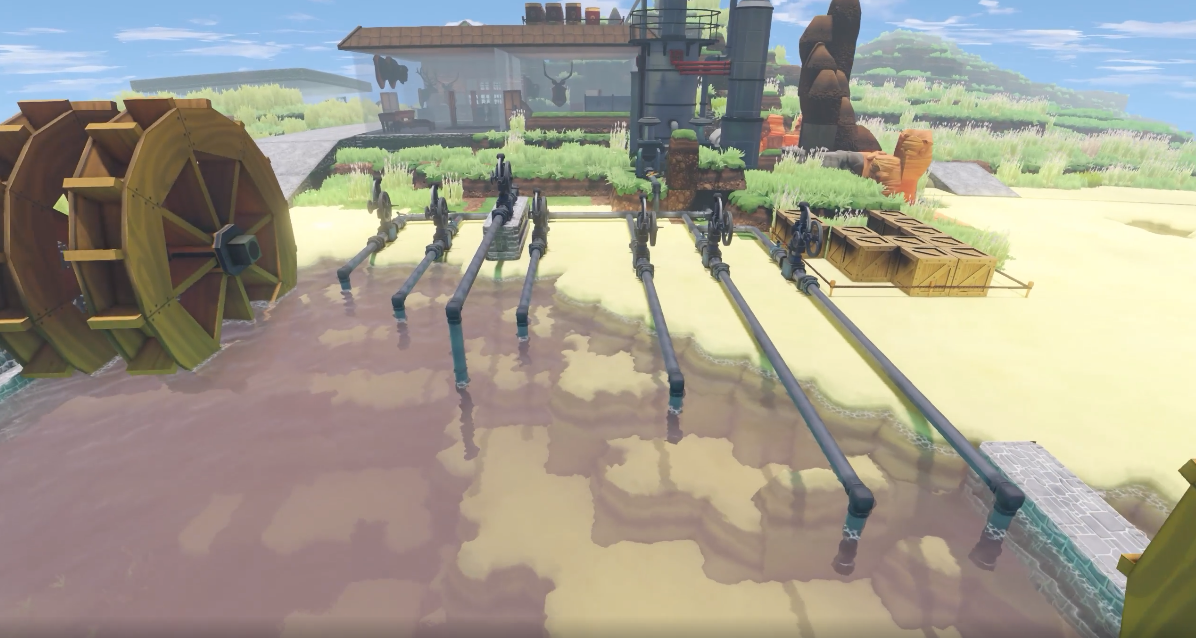
The Character of Our Virtual Worlds
All of these plans for Eco also fit into another more subtle (but loftier goal) of our work here, and that is to change the dynamic of how we play and learn in virtual worlds.
With Eco we are creating a game where the conflicts and struggles you face are unique in that they are not violent ones. That is a topic that has been explored endlessly in games, while there are vast landscapes of unexplored possibilities lying at our feet: conflicts that arise from cases of competing economies, government philosophies, and human greed. Violence is really the least interesting conflict in the mix there, and well-covered by other games. I want to create a game where players need to save the world not from an alien threat but a financial crisis that threatens to collapse the world’s food supply, by player-run corporations that twist regulations into their favor with political influence and destroy the biosphere for profit, by well-meaning individuals acting in their own self-interest, unable to see the destructive biases they possess.
These are much deeper and more complex problems to solve, and it is now in the realm of video games to let player solve them, with real people, in worlds running complex simulations. The tools that you use to solve these problems are not guns, but scientific analysis and debate, economic growth, taxes and regulation, leadership and collaboration. These are your ‘weapons’ in the game, and your foes are rarely ‘villains’, but well-meaning people like you, carrying opposites views and biases, whose resolution you must find to succeed. The world in video games is often extremely black-and-white: good vs evil, good guys saving the world from bad guys. We aim to create games that exist in a much more complex world, illustrating how even people with the same urgent interests and goals (like a meteor incoming), can fall into conflict, and just as in the real-world, simplifying that problem into good-vs-evil is not sufficient.
I firmly believe that the character of our virtual worlds is going to matter immensely over the coming decades, as they become more and more merged with regular life, and we spend more and more time in them. Indeed, I believe they represent our future as a species, and their character thus far has been excruciatingly focused on violence. I don’t believe that is our decided destiny, we can choose to create another option. There are much more interesting worlds for us to occupy, that let us achieve higher ideals. With our little project here, we hope to create a demonstration of that, and to grow that idea. And most of all, to welcome in supporters of that movement, the players, who are also the contributors.
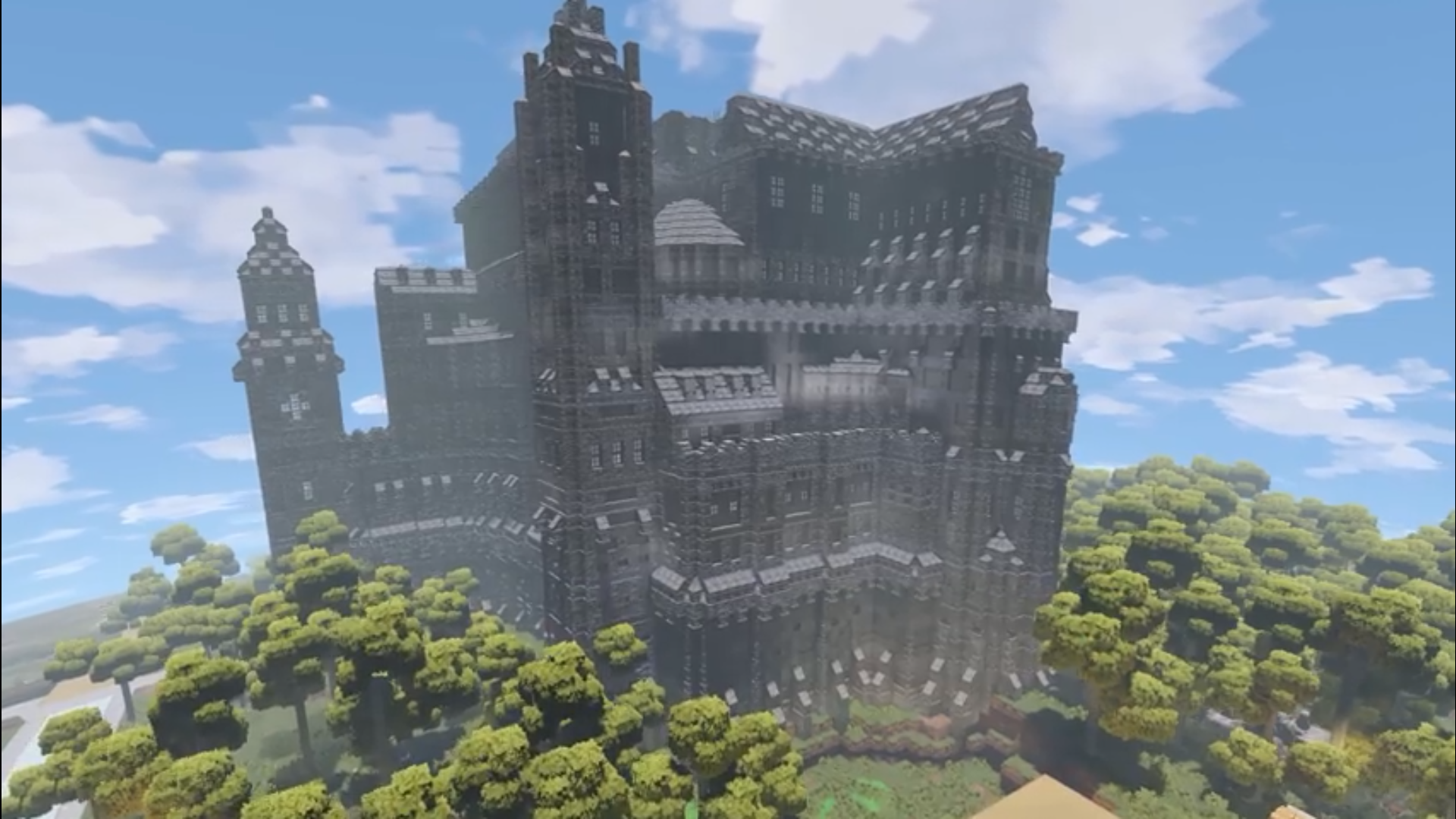
The Missing Piece of Education
Taking this approach to our games opens up a huge opportunity: applying games to education. I believe the education system, especially in America, is in vast need when it comes to preparing students for the future. It’s saddled to an outdated system training students for an era that no longer exists in the present, let alone for the future they will enter. Specifically, education still focuses primarily on the acquisition and demonstration of knowledge, but we live in a world where knowledge is ubiquitous: anyone can learn virtually anything they want from anywhere.
The more valuable role of education is inspiration, context, application, meaning. Giving you reason to care, and a community to care with. While there are many incredibly passionate teachers who understand and give this to their students, the underlying educational system doesn’t value that, instead relying on the pressure of tests to ensure learning, upon which their future success rests.
Enter video games, which are the opposite: they are motivation-machines, shared worlds of achievement where players are inspired and self-driven. Unlike homework, game players do not need to be compelled to play a game with external consequences, games are their own motivation. They are natural use-cases of the ‘Four C’s’ of what’s needed in contemporary education: Critical thinking, Creativity, Collaboration, and Communication.
I believe the integration of games into education is a major part of the answer to the problems education faces. Games answer the question of ‘why do I need to learn this’, by providing shared, collaborative worlds where the skills they learn are needed to succeed. Rather than providing raw knowledge, they provide a need for that knowledge, and the resources the existing education system provides them to retrieve it (teachers, books, the internet) suddenly become essential and relevant to their lives, and thus interesting and desired. Knowledge is infinitely more useful to person when it is pulled than when it is pushed.
And so with Eco and our future titles we aim to provide this platform for education. This year we are focusing on building extensions to the game that make it work seamlessly in a classroom, taking care of hosting, billing, world management, curriculum generation, teacher dashboards, and more. We will begin pilot testing of this later this year, and will be calling on our community to help find teachers who can join us in this project. We believe this will provide a needed and underserved value to the education system, with the potential over the long term to start changing ideas about how we prepare students for the future.
A Shared Movement
And that’s where the community comes in, as supporters of this movement and new approach to education, we can’t do it without you. The support we have received from our growing community thus far has been phenomenal, and we’re just at the beginning. If we succeed, it will be because of those that supported us from the beginning, and saw the potential and far reaching impact that can come from games with purpose.
It’s going to be a busy year for us at Strange Loop, and it’s great to have you along for the ride with us.
-Team Eco

